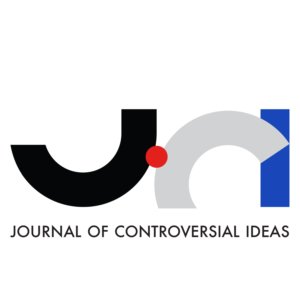Silencing Science at MIT: MIT Shows that Cancel Culture Causes Self-Censorship at STEM Universities
(this article belongs to the Special Issue Special Issue Censorship in the Sciences)
Received: 28 Feb 2025 / Accepted: 3 Oct 2025 / Published: 27 Nov 2025
Abstract
Polling data from the leading science, technology, engineering, and mathematics (STEM) university in the US shows that a significant degree of self-censorship is practiced by the faculty. This self-censorship stems from a fear of retaliation for expressing heterodox viewpoints, with senior administration, academic leadership, and students being the most cited sources of potential retaliation. The Massachusetts Institute of Technology (MIT)’s experience suggests that similar self-censorship is likely practiced within STEM disciplines in other universities. MIT’s example also shows that the STEM faculty can respond by uniting to protect freedom of expression and academic freedom on campus.
Keywords: cancel culture; censorship; free expression; academic freedom; MIT
OPEN ACCESS
This is an open access article distributed under the Creative Commons Attribution
License which permits unrestricted use, distribution, and reproduction in any medium,
provided the original work is properly cited. (CC BY 4.0).
CITE
Stargardt, W. Silencing Science at MIT: MIT Shows that Cancel Culture Causes Self-Censorship at STEM Universities. Controversial_Ideas 2025, 5, 5.
Stargardt W. Silencing Science at MIT: MIT Shows that Cancel Culture Causes Self-Censorship at STEM Universities. Journal of Controversial Ideas. 2025; 5(2):5.
Stargardt, Wayne. 2025. "Silencing Science at MIT: MIT Shows that Cancel Culture Causes Self-Censorship at STEM Universities." Controversial_Ideas 5, no. 2: 5.
Not implemented
SHARE
